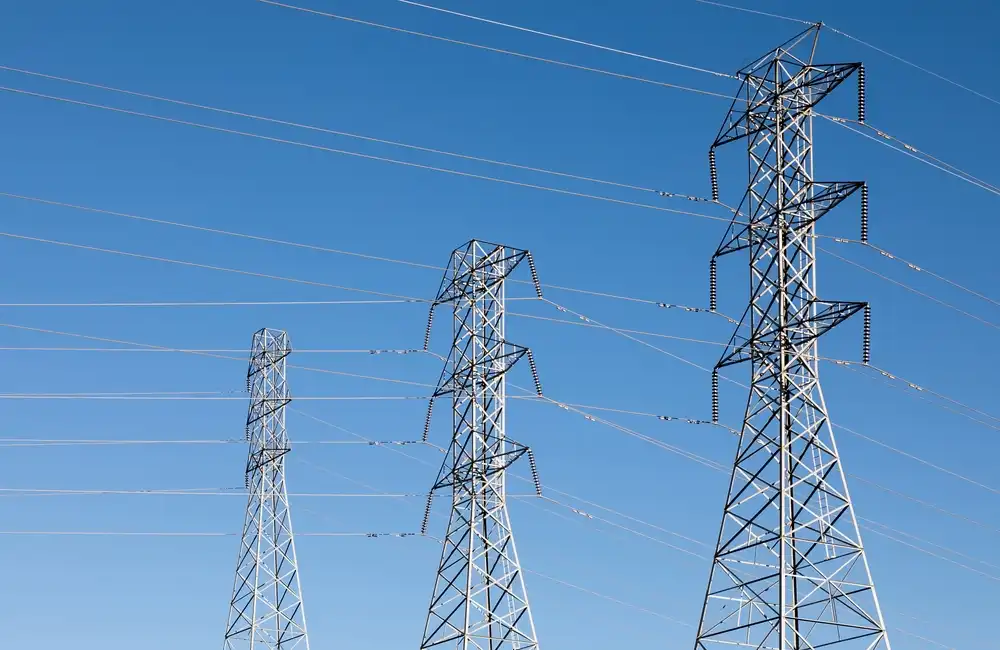The North Sea has been a powerhouse for energy production for decades, playing a crucial role in meeting the UK's energy demands.
With many North Sea oil and gas fields nearing end-of-life, decommissioning has become a top priority. While challenging, it also offers opportunities for innovation, collaboration, and new economic growth.
What is Decommissioning?
Definition
Decommissioning involves dismantling and disposing of end-of-life rigs, platforms, pipelines, and subsea infrastructure under strict environmental and safety regulations.
Regulatory Framework
Operators must comply with international standards like OSPAR and local UK and EU regulations throughout the process.
The Scale in the North Sea
Vast Project Pipeline
Approximately 1,500 wells and associated infrastructure are due for decommissioning by 2040, with costs estimated between £45–65 billion (UK OGA).
Mature Basin
Platforms from the 1970s–80s now face structural obsolescence, demanding careful planning and advanced technical solutions.
Key Challenges
Environmental Impact
Protecting marine ecosystems requires rigorous pollution controls, waste handling, and habitat restoration measures.
Technical Complexity
Heavy-lift vessels, robotics, and subsea engineering expertise are essential to safely remove decades-old structures.
Economic Pressure
Decommissioning costs can strain smaller operators despite tax relief schemes, affecting overall sector viability.
Workforce Transition
Job losses offshore underscore the need for reskilling programmes to move talent into renewables and decommissioning services.
Opportunities for the Energy Sector
Innovation and Technology
Drones, AI monitoring, and robotics improve safety, accuracy, and efficiency in dismantling operations.
Repurposing Infrastructure
Old platforms can host offshore wind turbines or carbon-capture facilities, advancing the UK’s net-zero goals.
Knowledge Export
UK supply-chain expertise can be offered globally to emerging decommissioning markets, creating new export streams.
Economic Growth
Decommissioning is a multi-billion-pound industry that can generate jobs and investment in coastal communities.
Government and Policy Role
Incentives and Tax Relief
UK tax breaks help operators manage decommissioning costs, but calls grow for more proactive energy-transition policies.
Collaboration Platforms
Bodies like OGUK and the Decommissioning Task Force set best-practice standards and foster industry partnerships.
Looking Ahead
North Sea decommissioning presents a historic transformation: dismantling legacy energy assets while seeding renewables and sustainable tech. Successful projects will hinge on cross-sector collaboration, cutting-edge solutions, and a skilled workforce ready for the energy transition.
At Advisor’s Gateway, we provide expert decommissioning strategies, regulatory guidance, and investment insights to help your business thrive through this critical shift. Contact us today to explore tailored solutions.





















